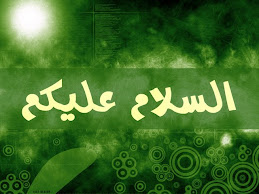
A Wahhaabiyy may put up a defense in this area. Proving that the nation as a whole will always be guided necessitates that any small group who disagrees with the majority of the nation is misguided. Therefore, for a Wahhaabiyy it is imperative to discredit this notion, since they do not deny that they are a small out-numbered group. To do that, he may mention the poor situation of Muslims today, their lack of knowledge and being overwhelmed with sins. This is why we say that their belief will always be correct. They would not agree upon a misguided creed. However, the Prophet foretold about his nation becoming weak and sinful. There are several narrations about this, among them:
من أحيَى سنتي عند فساد أمتي فله أجر شهيد
“Whoever revives my Sunnah upon the corruption of my nation has the reward of a martyr.” This corruption in the nation does not mean that the majority will take a blasphemous creed. A Wahhaabiyy may also produce the verse:
و قليل من عبادي الشكور
<
The Wahhaabiyys took the name of Ahlu-s-Sunnah for themselves, but if they are a minority, only a couple million strong, how can they still claim the name? It is easy if one merely distorts the meaning of “jamaa3ah”. To fool others, and to consider the millions upon millions upon millions of Muslims as misguided, they say, “the Jamaa3ah can be one person.” This statement is only true when a person is truly following Ahlu-s-Sunnah, which is the majority, but he is secluded and surrounded by misguided people. The case of the Wahhaabiyys does not apply. We seek the Protection of Allaah from such sly deviance.



